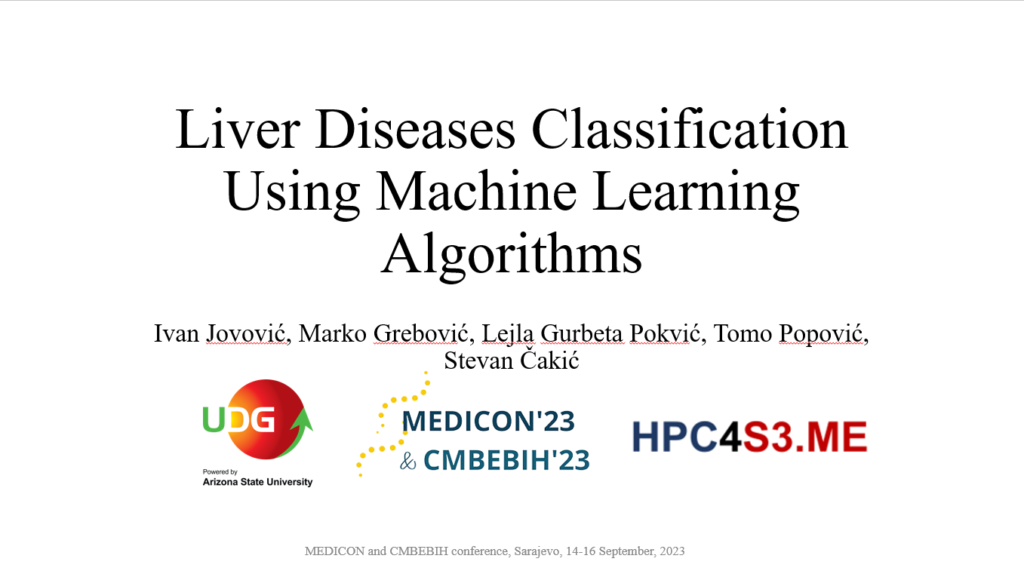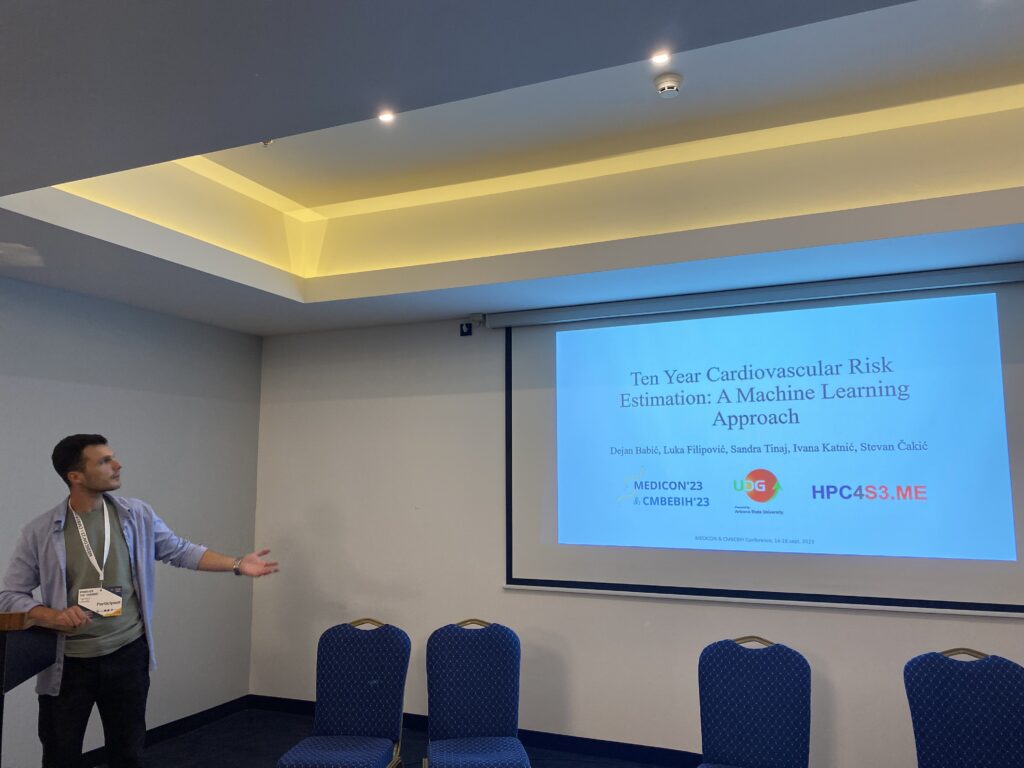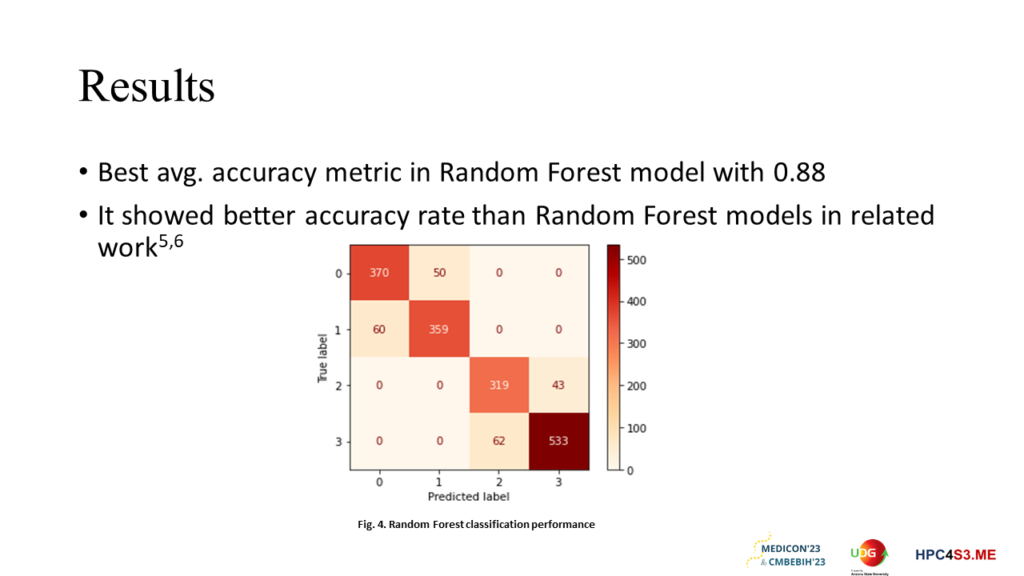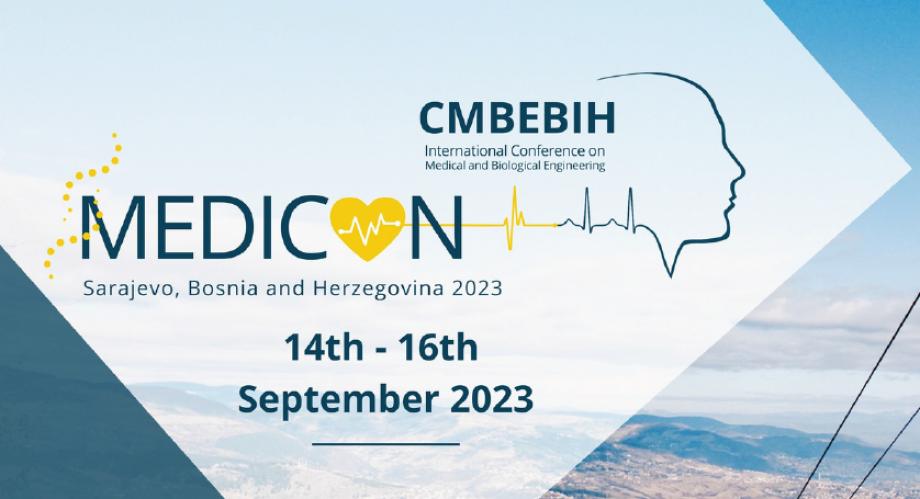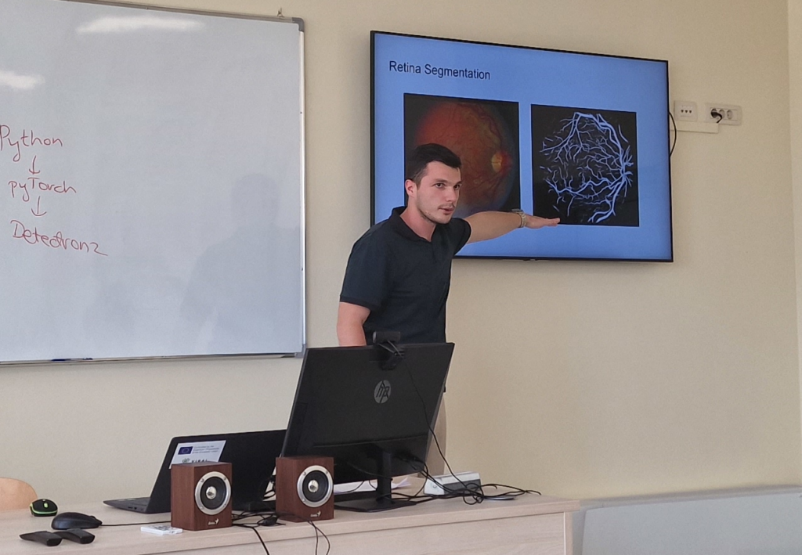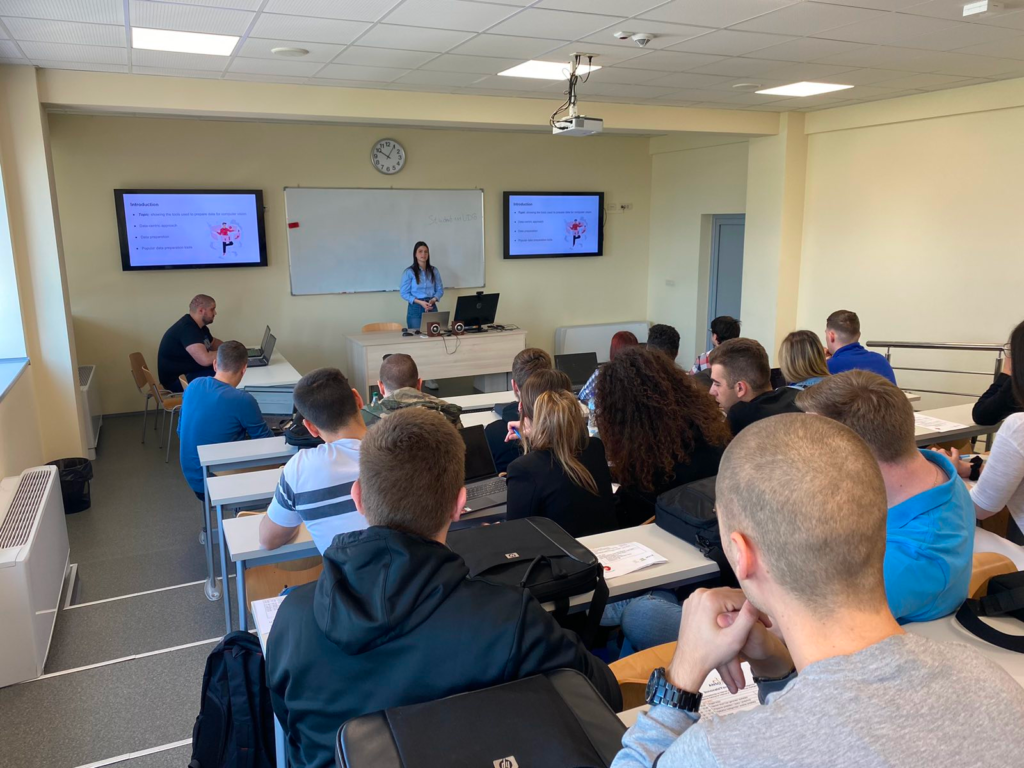Ms Tamara Pavlovic presented research paper “Forecasting Icterus with Machine Learning: An Advanced Classification Model Analysis” on a joint event CMBEBIH & MEDICON 2023 which held place in Sarajevo, Bosnia and Herzegovina from September 14th to September 16th. The study utilized multiple Machine Learning classification models to predict icterus type on a custom dataset and demonstrated the models’ performances in estimating icterus type. The authors are Ms Tamara Pavlovic (MSc candidate), Mr Marko Grebovic (PhD candidate), dr Armin Alibasic, prof. Milica Vukotic, and Mr Stevan Sandi (PhD candidate).

ABSTRACT – Icterus is a medical condition characterized by the yellowing of the skin and sclera caused by the accumulation of bilirubin in the body. There are three main types of icterus: extrahepatic, intrahepatic, and prehepatic, and accurately diagnosing the type is crucial for treatment. Machine learning classification techniques can aid in the accurate and timely diagnosis of icterus types. The present study utilized multiple Machine Learning classification models to predict icterus type on a custom dataset and demonstrated the models’ performances in estimating icterus type. The MLP Classifier with five hidden layers achieved the best results. However, the models still struggled to differentiate between instances of extrahepatic and prehepatic types, indicating the need for improvements to enhance the models’ performance.


